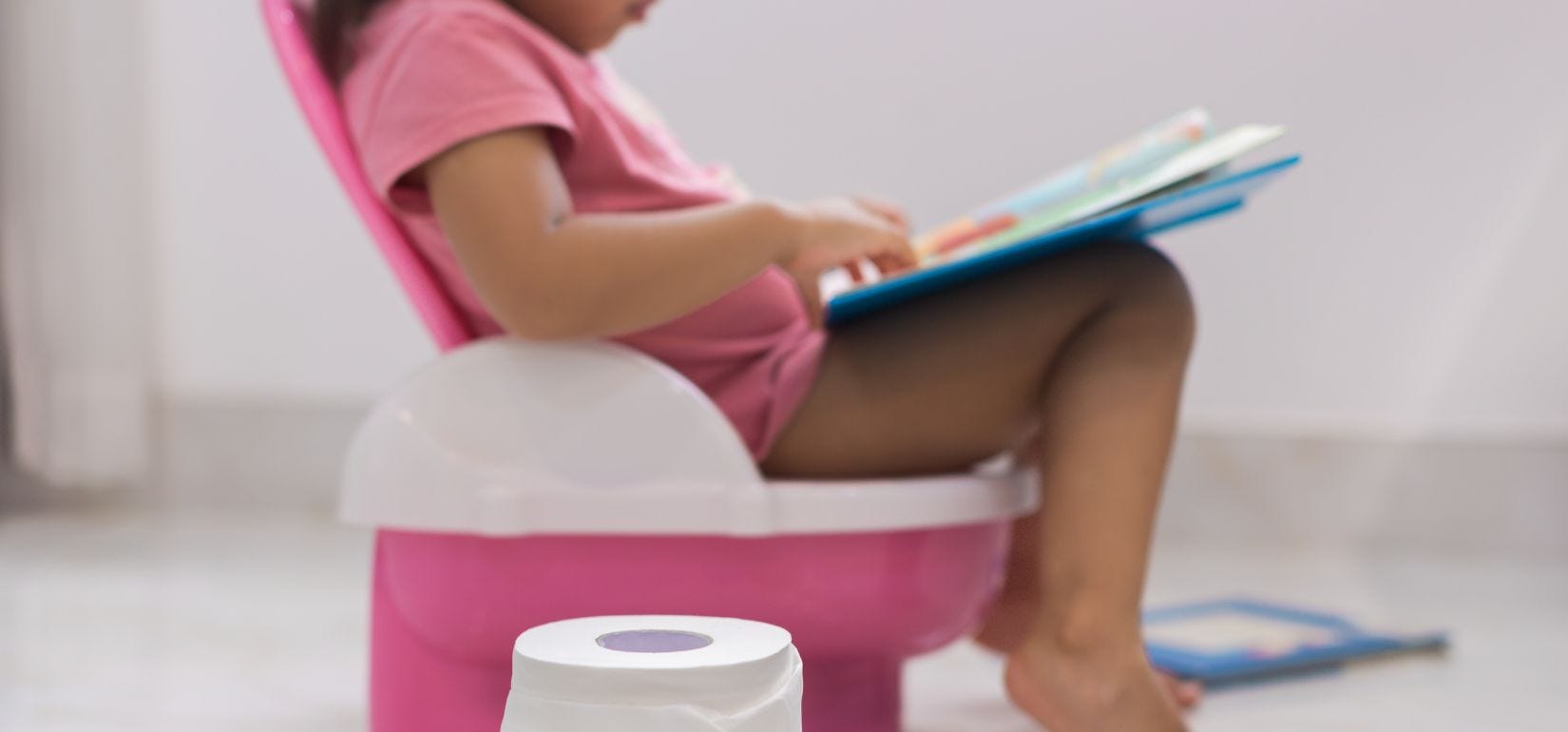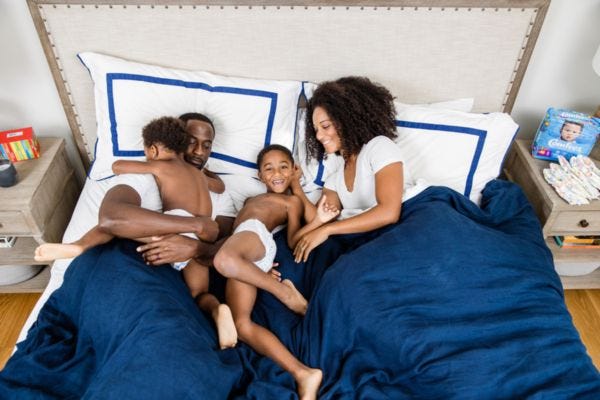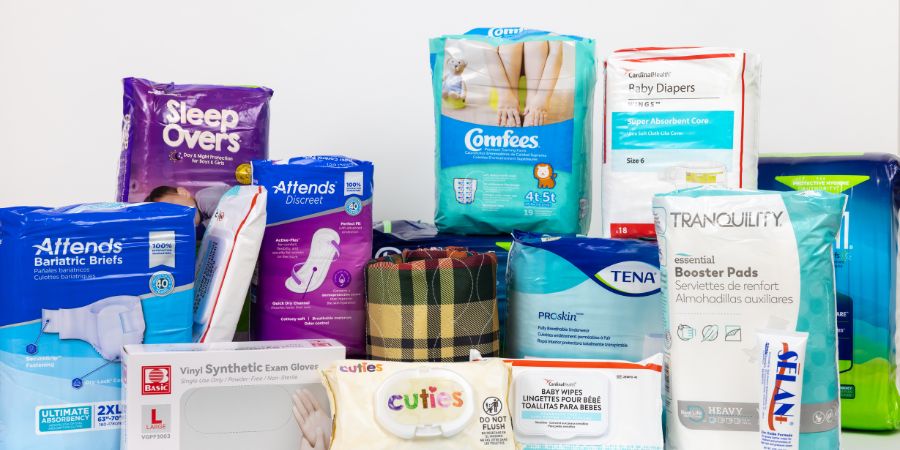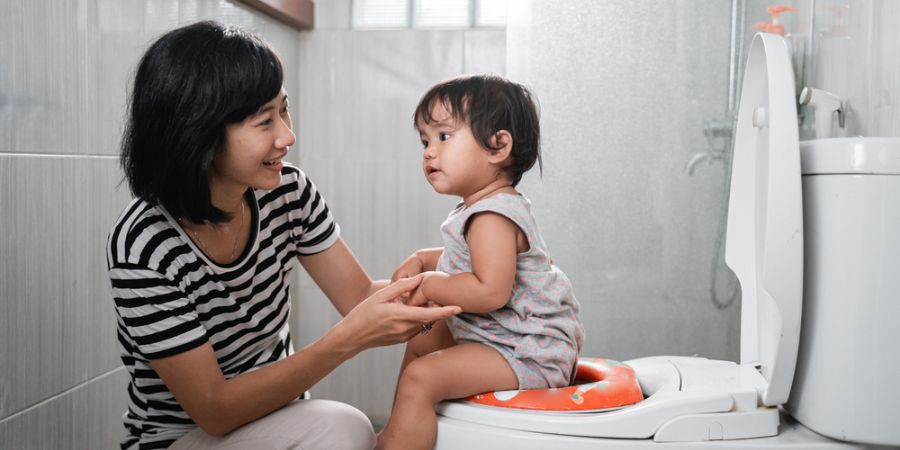This article was guest written by Caley Nunnally, Pediatric Speech Therapist.
Parents often ask, “Does my child have to be talking in order to potty train?” and the answer is: No! That being said, there are some fundamental communication skills that must be mastered in order to have a successful potty learning experience.
In this article, Pediatric Speech Therapist, Caley Nunnally, will tell you which communication skills you’ll need to work on so you can more successfully toilet train your non-verbal child.
2 Tips for Potty Training Your Non-Verbal Child
1. Assess Your Child’s Readiness
Prior to beginning the potty training process, it’s important to assess your child’s readiness, as they must be able to understand and control their bodily sensations. This can be difficult for some children, particularly if your child has sensory differences.
Apart from assessing your child’s readiness at home, talking to your child’s pediatrician can help you decide when the right time to potty train might be. Additionally, children with language delays may not understand the language that is being presented to them, and they may have difficulty following directions related to potty learning.
For example, your child has to be able to first understand the steps required to master potty training (ex: feeling they have to use the restroom, getting undressed, making it to the toilet on time, etc.).
Check Your Eligibility
2 Easy Steps
From catheters to pediatric and adult incontinence supplies, discover the continence care essentials covered by your insurance.
2. Communicate Verbally or Nonverbally
You can work on important communication skills with your child before potty training even takes place while changing their diaper or pull-up.
Try keeping the experience positive by singing a song. This can help stimulate language development (ex: "The diaper on your bottom is clean, clean, clean," to the tune of wheels on the bus) and help your child actually stay still while you're changing them. We call this a verbal routine, as it helps children associate certain words with a routine, which helps build both their receptive language (understanding) and expressive language (talking).
You can also try pairing a sign with a functional word like, "All done," at the end of a diaper change, or labeling body parts while changing and working on the vocabulary associated with the diaper changing routine.
Verbally communicating that your child needs assistance going to the restroom is not a requirement, however, when in the early stages of potty learning, communicating in some way that they need to go can be helpful.
This can be done through using a real life mini dollhouse toilet (have them practice giving it to you when entering the restroom), using any form of Augmentative and Alternative Communication (AAC)-- whether a communication board, a device or a button that says, "I need to go potty," or teaching your child to use a sign in American Sign Language. The more exposure to the new form of communication, modeling, and practice, the better!
Potty training is not an easy feat and it can be normal for small regressions to occur as your child is learning. However, having support and assistance with potty training from your partner, family member, or a friend can make the process less daunting. Stay positive and keep encouraging your child for the best results. You’ve got this!
Disclaimer
Information provided on the Aeroflow Urology blog is not intended as a substitute to medical advice or care. Aeroflow recommends consulting your healthcare provider if you are experiencing medical issues relating to incontinence.











